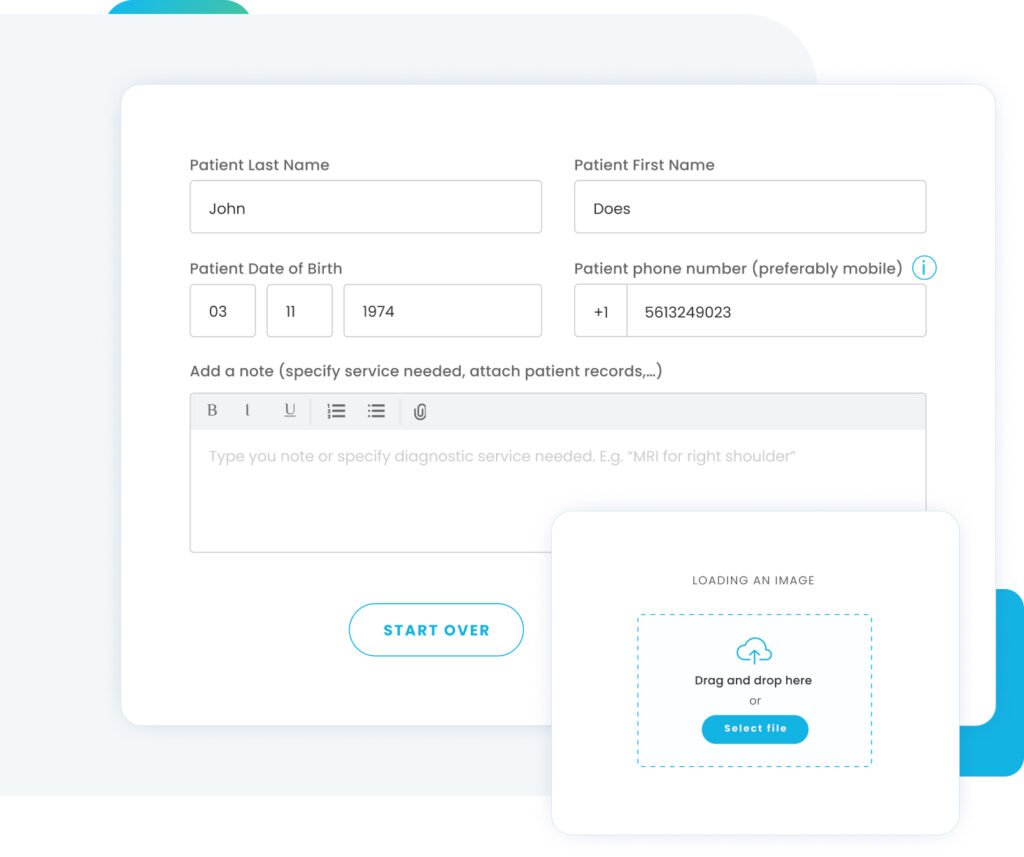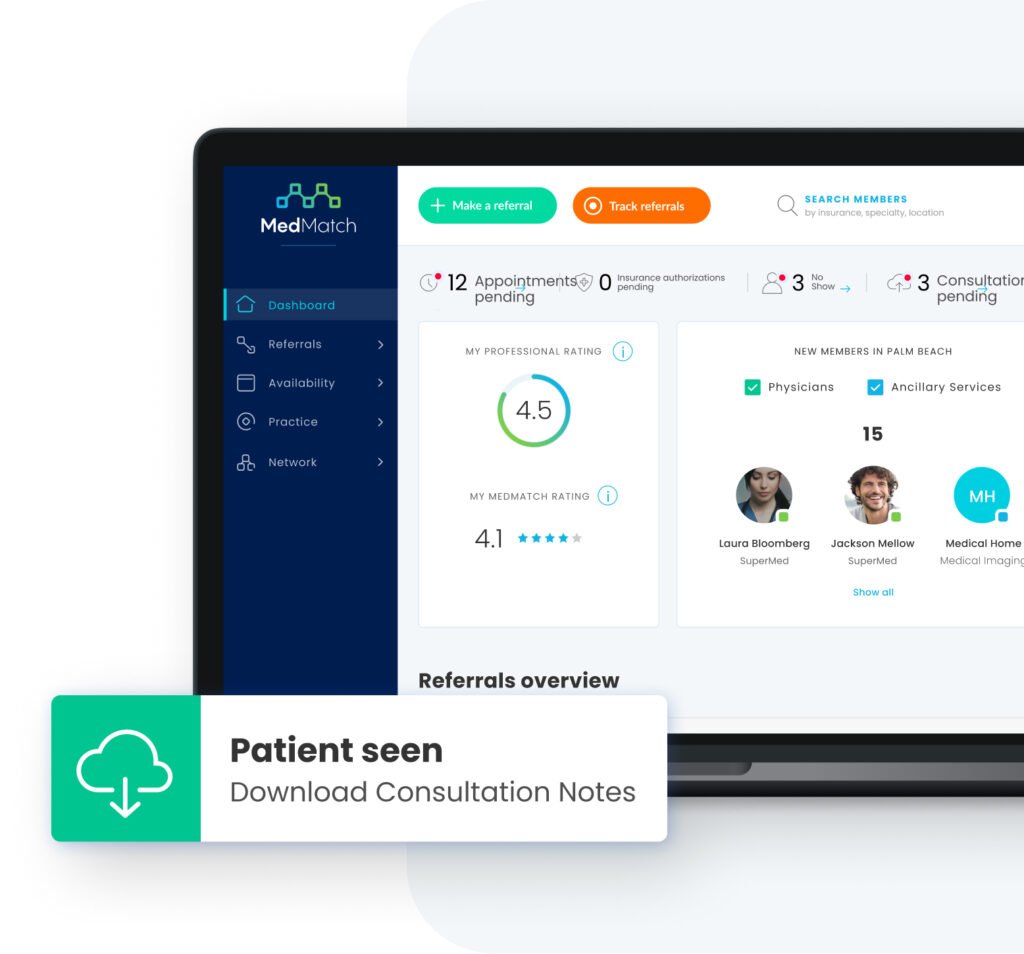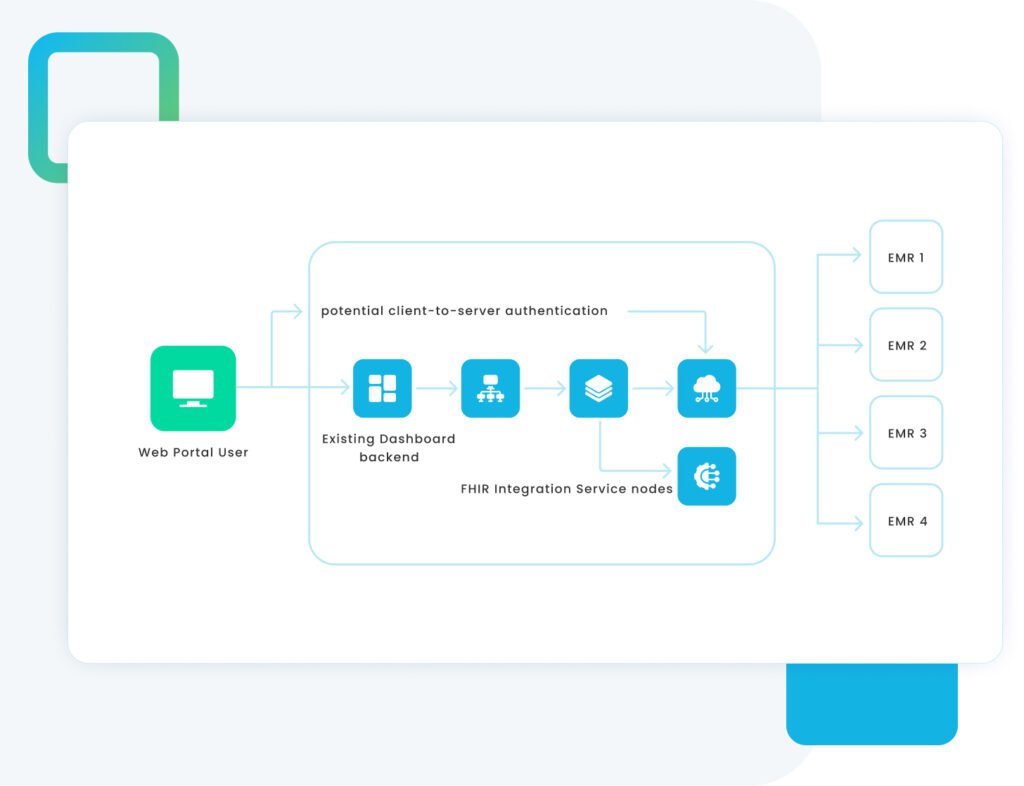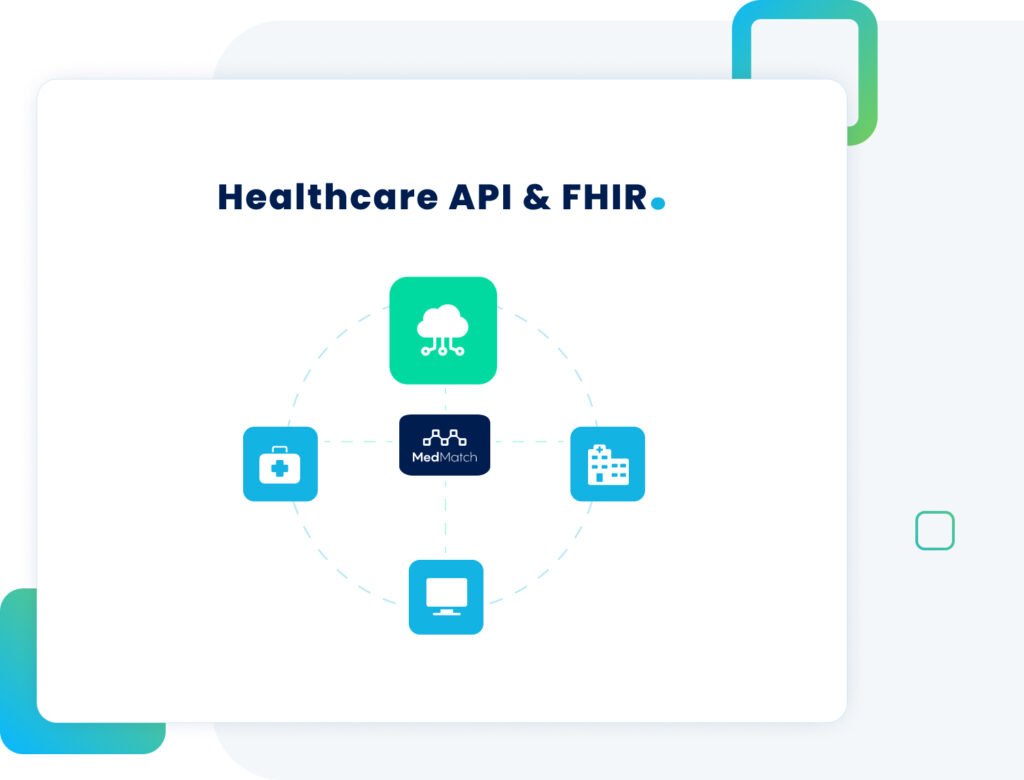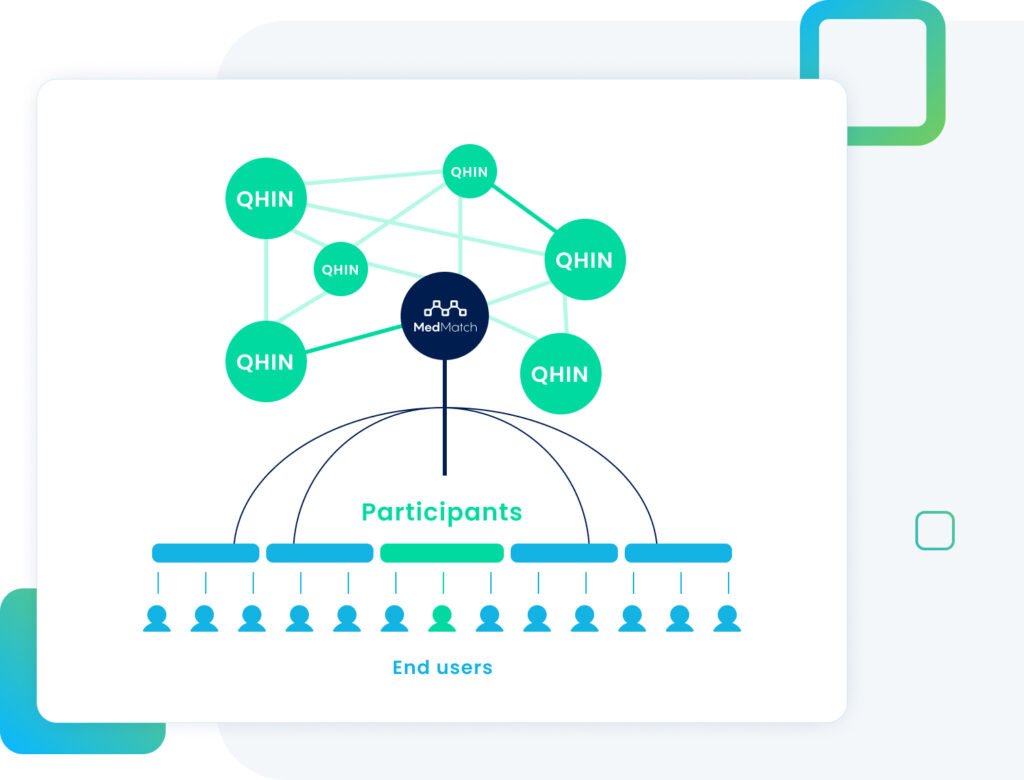Who is behind this ?
The Office of the National Coordinator for Health Information Technology (ONC) and Centers for Medicare and Medicaid Services (CMS), both part of the US. Department of Human Health Services (HHS) have been administering the Cures Act.
In March 2020, the ONC released the interoperability rule as a part of the 21st Century Cures Act, primarily focusing on data exchange and patient information blocking.
The ONC officially enabled the 21st Century Cures Act’s information blocking provisions as of April 5, 2021.
Centers for Medicare and Medicaid Services (CMS) Conditions of Participation (CoPs) went into effect on May 01, 2021 requiring hospitals, including psychiatric hospitals and acute care hospitals to send electronic patient event notifications of a patient’s Admission, Discharge, and/or Transfer (ADT) to another healthcare facility or to another community provider or practitioner.
Failure to comply can result in loss of certifications and reimbursements.



